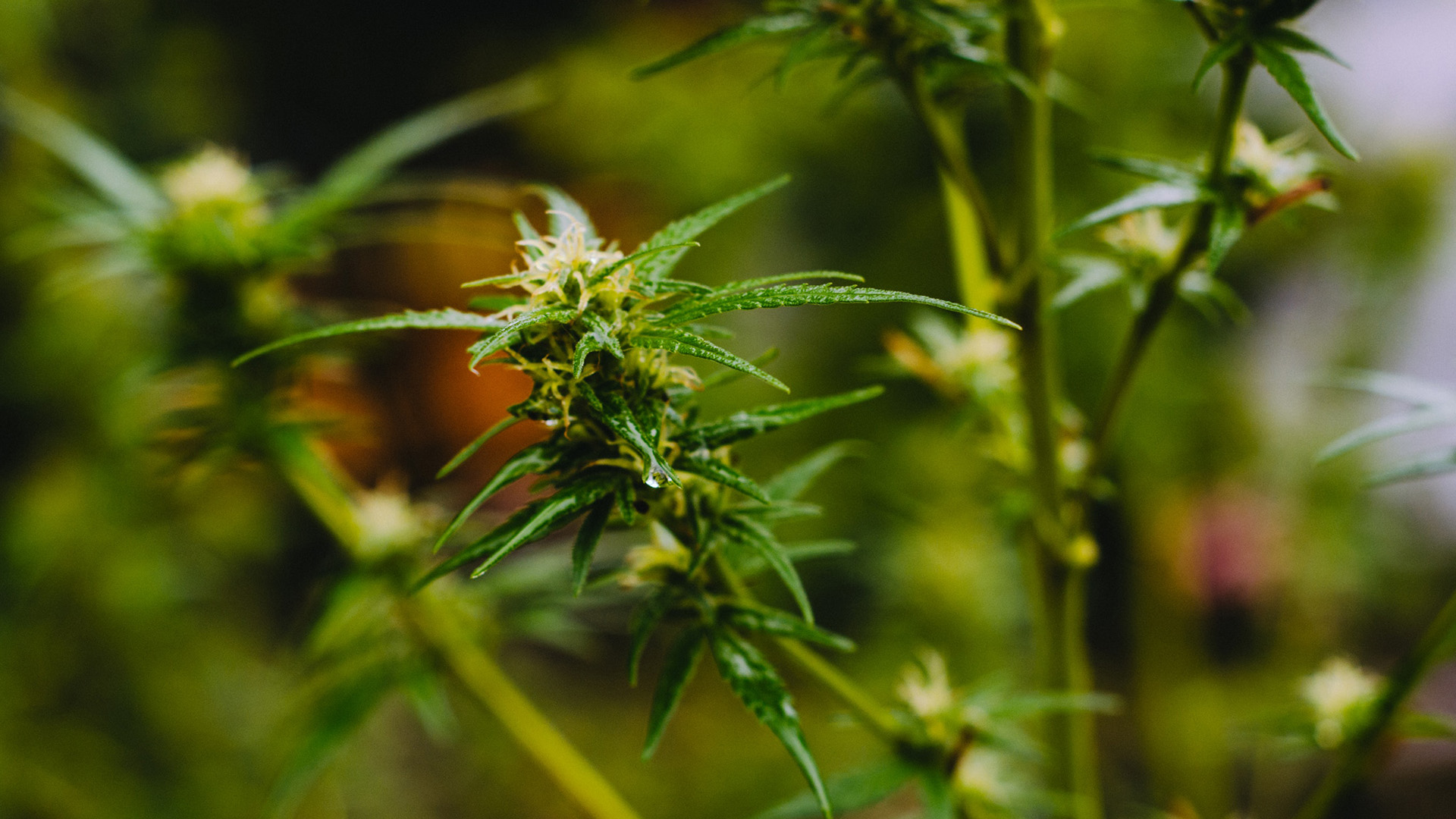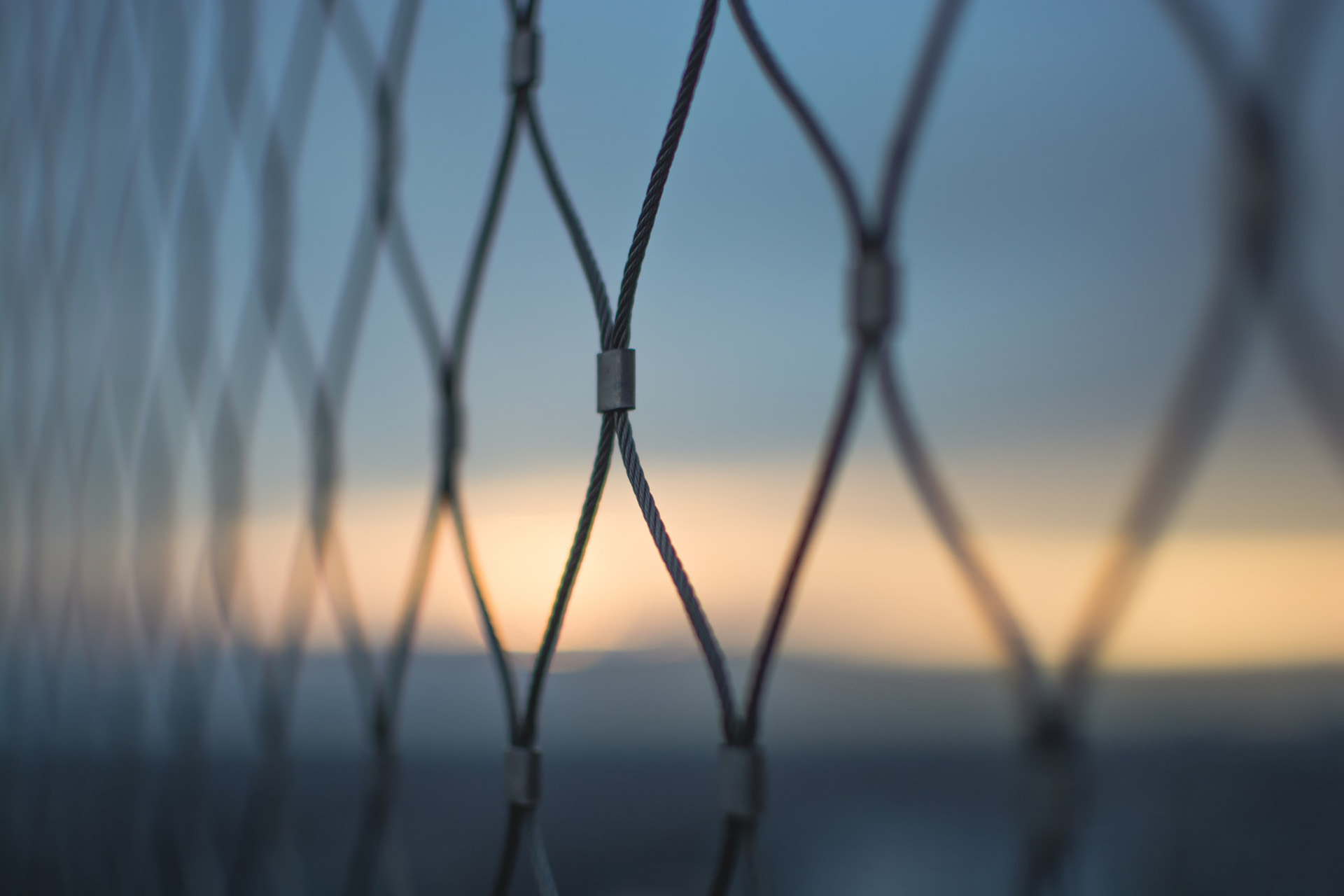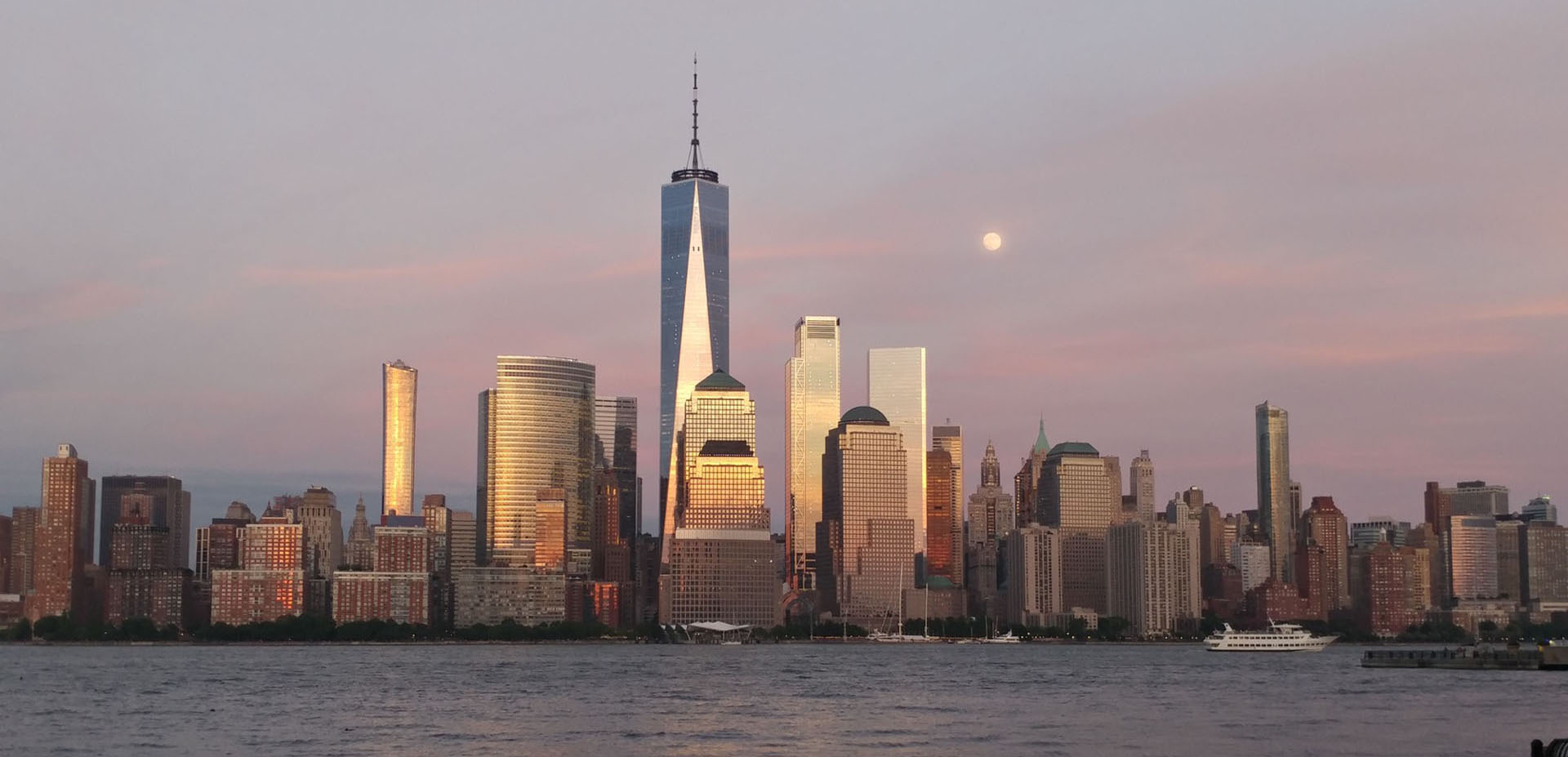Hawaii cannabis business license application information.
Hawaii’s medical marijuana program allows for the operation of licensed dispensaries, providing an opportunity for individuals interested in starting a marijuana business in the state. However, the process of obtaining a license is highly competitive and regulated by the Hawaii Department of Health.
To apply for a medical marijuana business license in Hawaii, potential applicants must meet certain requirements. These include having a clean criminal history, financial stability, and experience in the medical marijuana industry. Applicants must also demonstrate that they have the necessary resources and facilities to operate a licensed dispensary, including a location that is compliant with zoning regulations and meets security and safety requirements.
The state has a limited number of licenses available, and the application process is highly competitive. The application requires detailed information about the business plan, operations, and financial projections. The Hawaii Department of Health evaluates each application based on a set of criteria, including the applicant’s experience, financial stability, and ability to provide quality products and services.
It is important to note that the medical marijuana industry in Hawaii is highly regulated, and licensed dispensaries must comply with strict rules and regulations related to testing, packaging, labeling, and advertising. Dispensaries must also maintain accurate records and follow security protocols to prevent theft and diversion.
In summary, while there are opportunities to start a medical marijuana business in Hawaii, potential applicants must be prepared to meet strict requirements and demonstrate their qualifications to be considered for a license. The licensing process is highly competitive, and successful applicants must comply with strict regulations and maintain a high level of professionalism and responsibility to succeed in the industry.







